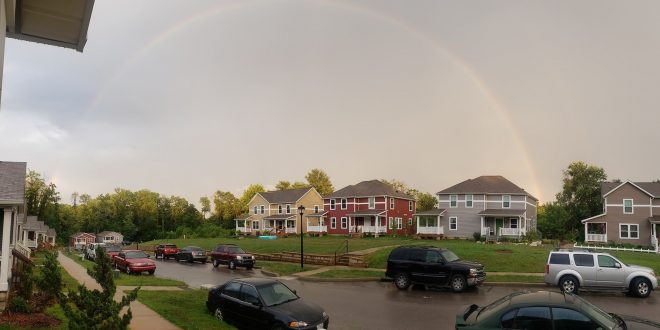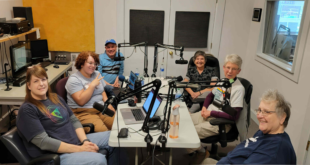Podcast: Play in new window | Download (Duration: 59:00 — 44.6MB)
In Ralph Waldo Emerson’s central and influential essay “Self-Reliance” (a document that might be said to lie at the heart of liberalism the United States of American) he writes: “do not tell me, as a good man did to-day, of my obligation to put all poor men in good situations. Are they my poor?”
No, perhaps they are not specifically “my” poor (or Emerson’s) but isn’t this OUR economic system that makes poverty a foundational reality supporting the narrative of just desserts for rich and poor? Poverty serves a moral purpose for those deemed economic winners.
Emerson, it seems, is addressing Jesus who, in the Gospel of Mark says, “For you always have the poor with you, and whenever you want, you can do good for them.”
But we should point out what this overlooks: Why does there need to be poverty, and why do we support, even praise, a system that necessitates it.
The lack of affordable housing is a serious issue in most cities around the US. While owning a home was once thought of as a foundation of success for American families it now serves the singular purpose of chaining one to a lifetime of debt; that is if you’re actually lucky enough to be allowed that burden. But housing isn’t just about ownership, it’s about any kind of roof and walls to protect people from the elements.
There is not one U.S. state, county, or metropolitan area where a minimum wage earner working full-time can afford a two-bedroom apartment. The National Low Income Housing Coalition’s annual Out of Reach report details that “a worker earning the federal minimum wage of $7.25 an hour would need to work nearly 127 hours a week – equivalent to more than three full-time jobs – to afford a modest two-bedroom rental without spending more than 30% of their salary on housing costs. To afford a modest one-bed rental, they would need to work 103 hours a week.”
Today producer Nejla Routsong investigates the possible effects on Bloomington, Indiana of an addition to a local Unified Development Ordinance (or “UDO”) that would make duplexes and triplexes legal for single-family neighborhoods by right. The UDO is the document that governs zoning policies and guides city development. The plexes-by-right measure has already attracted outspoken criticism and equally passionate supporters at city council meetings.
Our show is in two parts.
 Part One
Part One
Deborah Myerson from South Central Indiana Housing Opportunities (SCIHO) joins us to dig into some of the legal realities of the UDO as well as the way race and class exclusions have played a part in real estate development.
Part Two
We’re joined by Kelly Toto, a neighborhood association founder of Trail View, a Bloomington neighborhood  recently developed by Habitat for Humanity which blends both single family and duplex housing. Her story illustrates how affordable housing usually means living on the outskirts of a municipality where even getting to work can be a challenge and being an involved parent is nearly impossible.
recently developed by Habitat for Humanity which blends both single family and duplex housing. Her story illustrates how affordable housing usually means living on the outskirts of a municipality where even getting to work can be a challenge and being an involved parent is nearly impossible.
MUSIC
Archie Shepp – Things Have Got to Change (1971)
“Things Have Got to Change”
“Money Blues”
CREDITS
Producer & Host: Doug Storm
Episode Producer: Nejla Routsong
Editing: Sean Milligan and Doug Storm
Executive Producer: Jar Turner
 WFHB Bloomington Community Radio
WFHB Bloomington Community Radio


